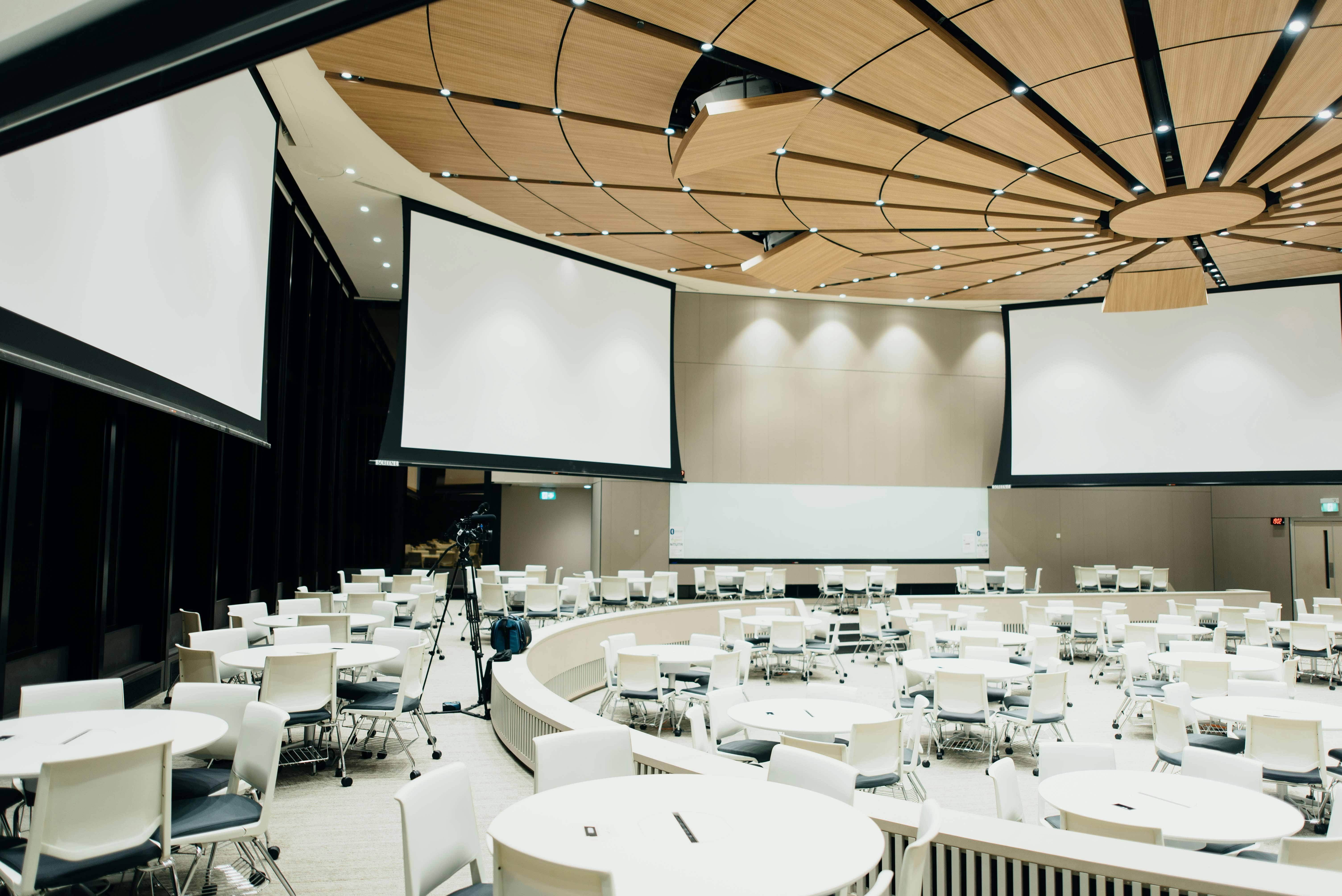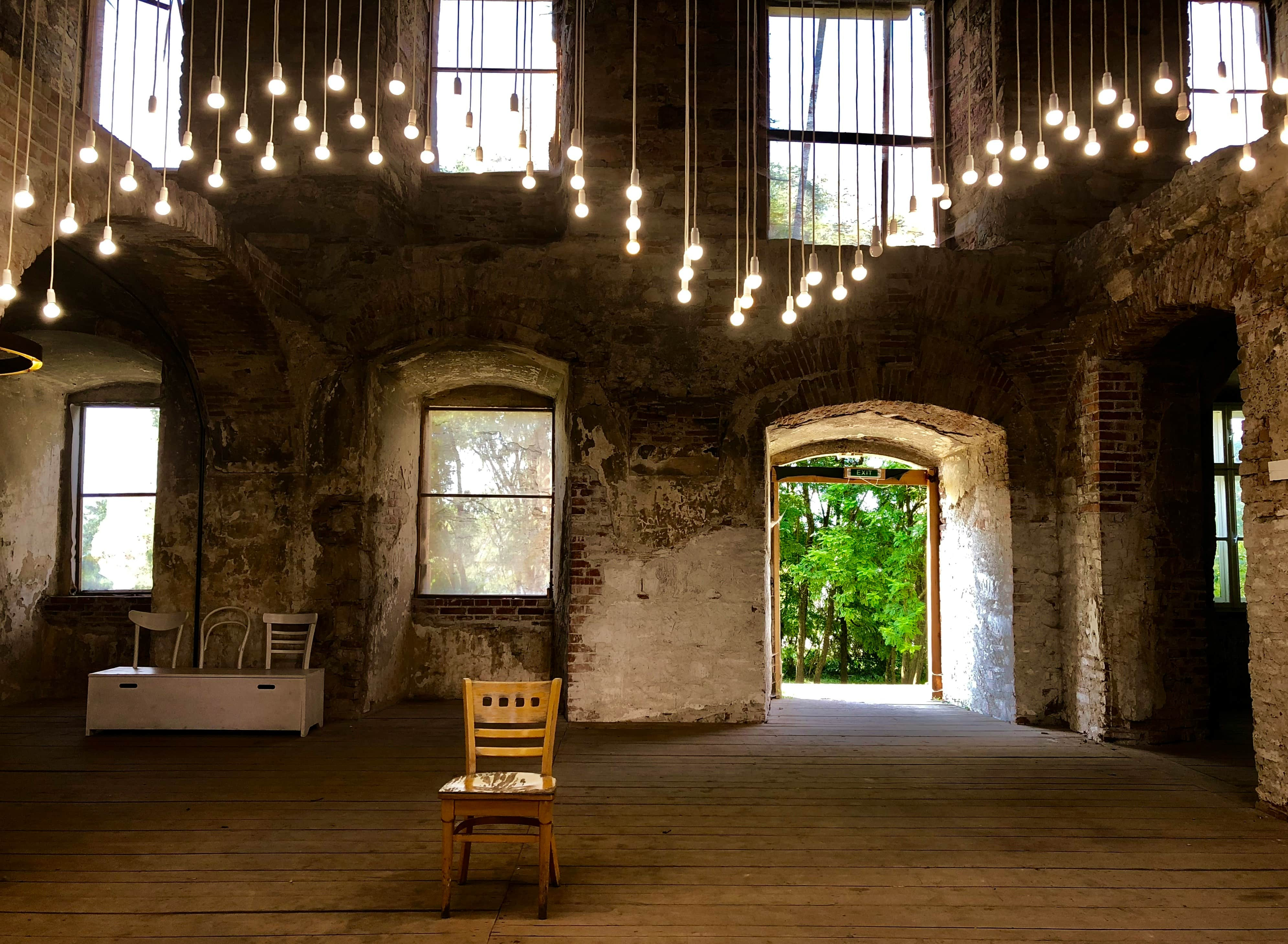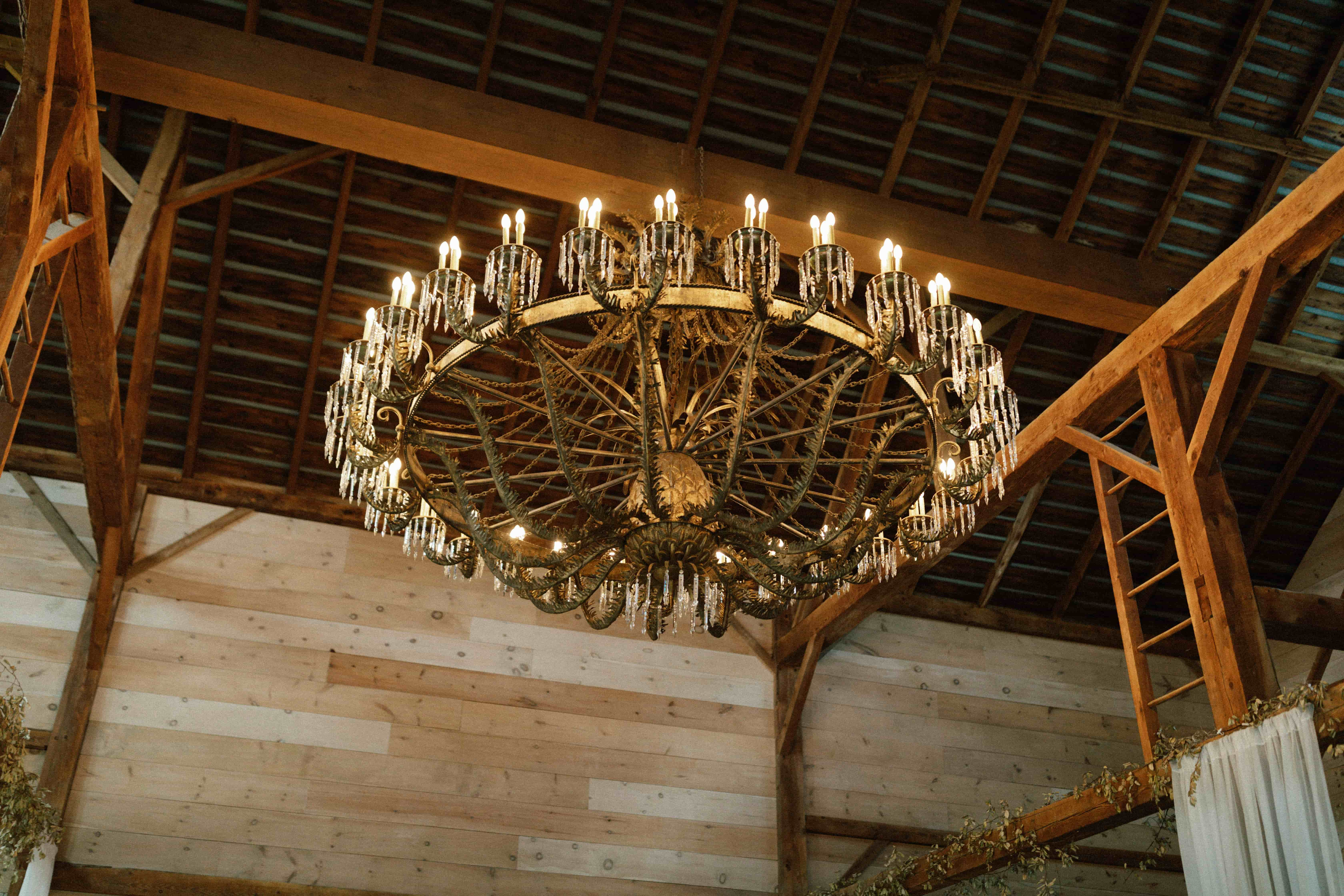An event planner’s job is to support the client in selecting a venue that aligns with their specific needs, as the right setting can significantly influence an event’s success and overall experience. A well-chosen venue will not only make the logistical elements a smoother process but also enhance the ambience and effectiveness of the occasion – a venue can significantly impact nearly every element of an event.
In this blog, we will explore expert tips and professional insights to assist you in securing the perfect location for your next event.
1. Define Your Event Objectives and Requirements
When selecting an event venue, always start by clearly outlining the purpose and goals of your event. Determine the type of event – for example, is it a conference, a gala dinner, maybe an incentive trip? – and identify the specific needs associated with it. Consider factors such as the expected number of guests, preferred dates, and the desired atmosphere; for example, if you’re looking for an inspiring atmosphere, you may select a historical venue like a palace or castle.
Having a comprehensive understanding of your event’s objectives will effectively guide your venue selection process.

We understand that most events aren’t accompanied by a bottomless pit of funds. Therefore, develop a detailed budget that encompasses all potential expenses, including venue rental, catering, audiovisual equipment, and any additional services. Allocating said funds appropriately clarifies whether the venue is within your financial parameters and avoids unexpected costs. Remember to account for taxes, service fees, and gratuities that may apply.
3. Consider Location and Accessibility
Make sure your event is accessible to all intended participants. Select a venue that is conveniently positioned for your target audience, considering factors such as proximity to airports, public transportation, and nearby accommodation options. An accessible venue can largely impact the attendance figures and improve the overall experience. For more information on the importance of location and accessibility, check out our previous blog, ‘ Location Matters: Finding the Ideal Venue for Your Next Conference.’

Once you have a list of attendees in mind, make certain that the venue can comfortably accommodate the expected arrivals. Evaluate the layout to determine if it aligns with your event’s format, whether it requires breakout rooms, exhibition spaces, or a specific seating arrangement. The layout must be well-suited to your vision as it guarantees a smooth event flow and provides attendees with a comfortable experience.
5. Evaluate Amenities and Services
Investigate the amenities and services the venue offers and see if they align with your objectives. Typical services a venue may provide include audiovisual equipment, Wi-Fi availability, technical support, and on-site catering.
Selecting a venue that can provide comprehensive services can simplify the planning process, sometimes protect the budget, and ensure that all technical and logistical aspects are seamlessly managed.
6. Flexibility and Availability
Venues are busier than you may realise. Confirm the venue’s availability on your preferred dates and assess their flexibility in accommodating changes. During off-peak seasons or weekdays, some venues offer discounted rates for events held on these days. Flexibility with your event dates can open up more venue options and potential cost savings.

Previously, the words sustainability and events wouldn’t have crossed the same sentence. However, the events industry has made strides in becoming a more sustainable industry. By incorporating sustainability into your event planning, it reflects corporate responsibility and meets the growing expectation to align events with the SDGs (Sustainable Development Goals).
According to the 2024 Incentive Travel Index there is increasing emphasis on sustainability in event planning. To keep up with this expectation, opt for venues that implement green initiatives, such as energy efficiency, waste reduction, and sustainable sourcing.
8. Review Venue Restrictions and Policies
All venues have different restrictions and policies regarding decorations, noise levels, and external vendors. Some venues have restrictions that could impact your event’s design or programming. Clarifying these policies in advance allows you to align your event with the venue’s regulations.

In some cases, site visits may not be feasible, perhaps because the venue is located internationally. However, with technological advancements, you can conduct a virtual site tour of a venue located anywhere in the world; but, whenever possible, it is advisable to conduct a site visit in real-time.
A site visit allows for a firsthand evaluation of the venue’s space and ambience and to identify any potential challenges. Give close attention to details such as lighting, acoustics, and overall cleanliness; visualising something physically is far more immersive than over a screen. Essentially, this site visit will provide valuable insights that may not be evident through brochures or online images.
10. Leverage Professional Networks and Resources
Sometimes, hearing about something is the best way to know about it. Utilise professional networks and industry resources to gather recommendations and reviews of potential venues. At Black Book, we produce blogs on top venues and destinations across the world that could be valuable for venue inspiration.
Securing the perfect venue requires thorough research, strategic planning, and attention to detail. The importance of a venue cannot be understated- it impacts the atmosphere, attendance, logistics, brand/company image, and more.
By following Black Book’s expert tips and professional insights, you can identify a venue that meets your logistical needs and enhances the overall experience of your event.
Contact Black Book today; together, we can find the perfect venue for your next event!